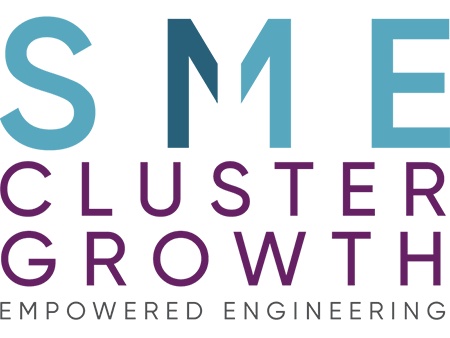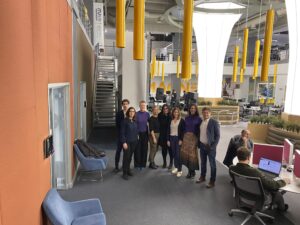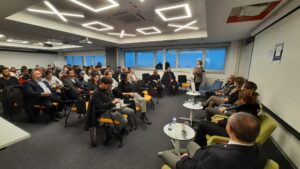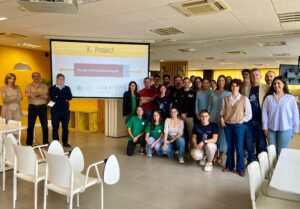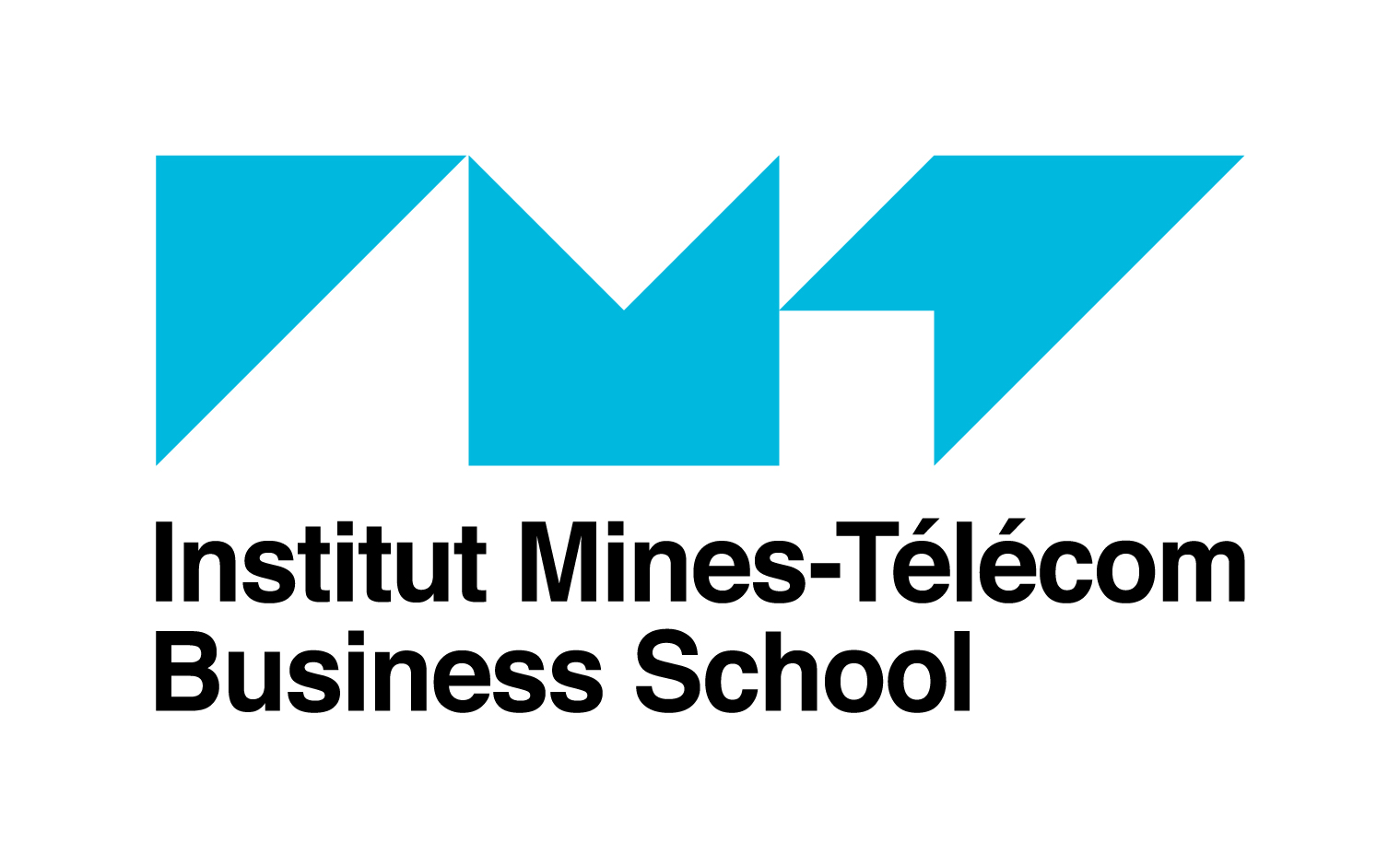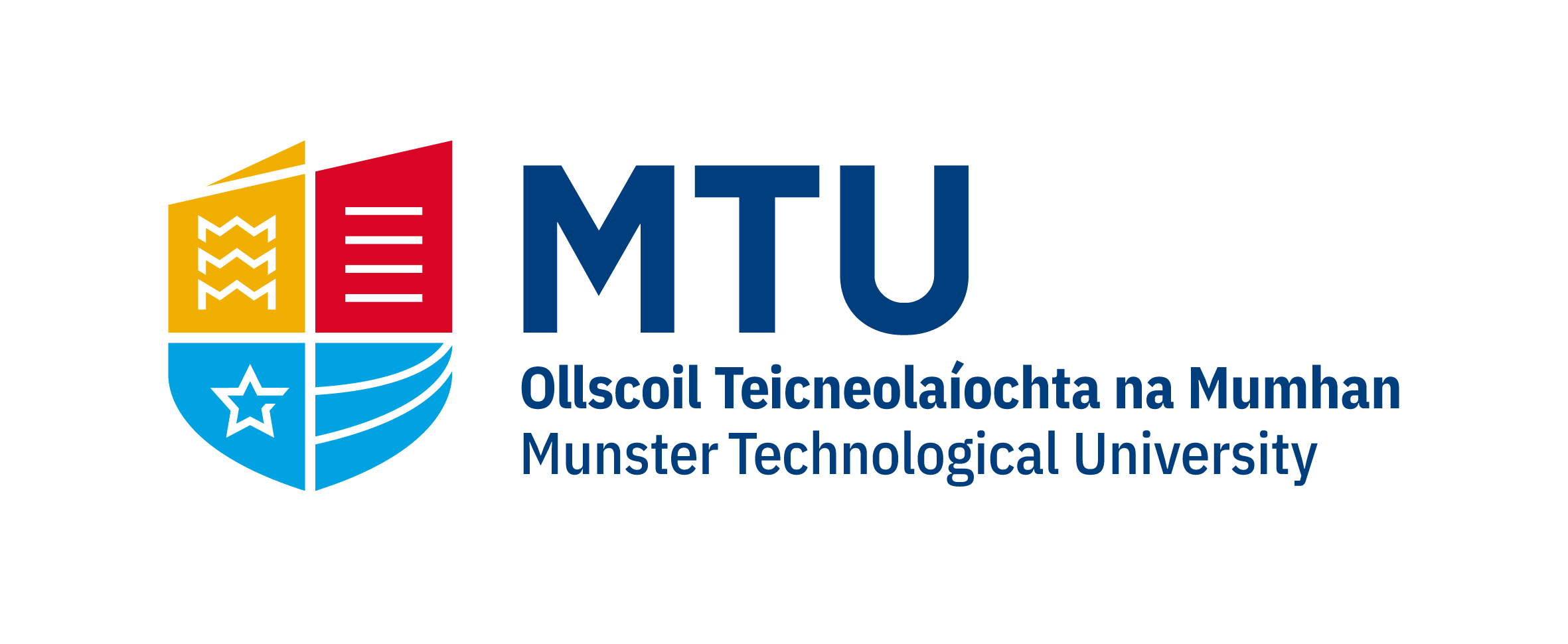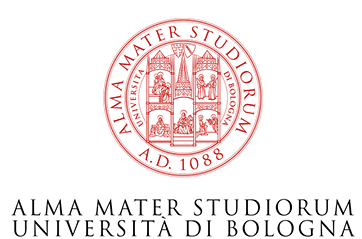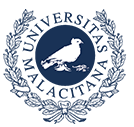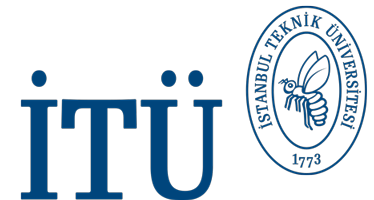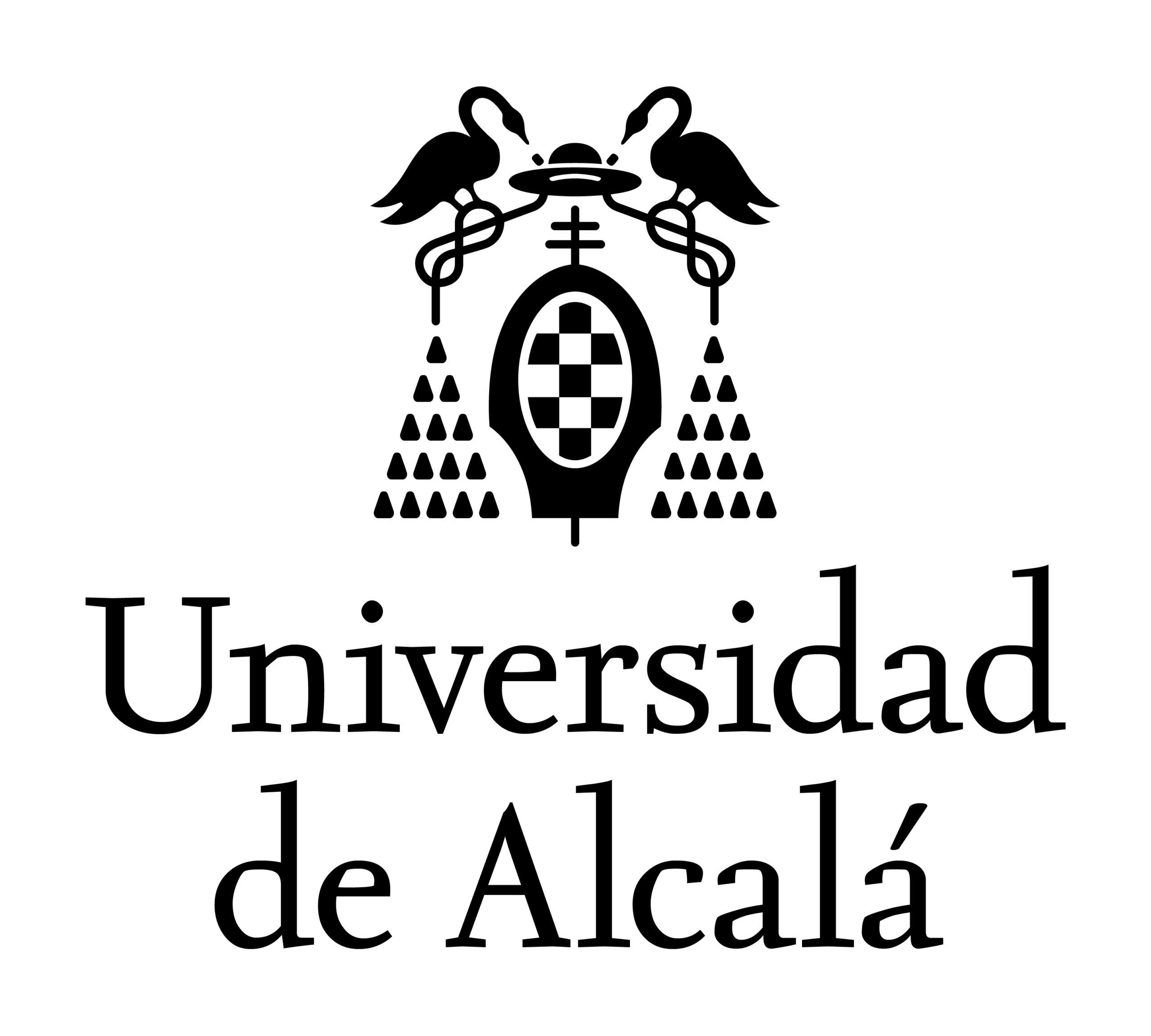Small to Medium-sized Enterprises (SMEs) growth is a hot topic with various policy-driven initiatives to support ‘scale-ups’ having been initiated globally. This is also the inspiration for the SME Cluster Growth project, an Erasmus+ project funded by the European Commission, which sought to investigate the regional-growth needs within the partner’s regions. The result of the intensive review highlighted both strengths and weaknesses that exists in the various regions for supporting SME growth.
The highlights of the review are summarized below for the various regions.
Download each report here.
Region | Industrial profile snapshot | Examples of SME supporting programs |
MADRID / HENARES-CORRIDOR, Spain | For ten-years, regional policy has been oriented towards growth, key skills, research, and innovation increasing the population employed in science and technology in the region by 6.3% | CEPYME500, a program of the Association of SMEs in which 500 Spanish SMEs leaders in business growth mentor other SMEs to increase their size. |
EMILIA ROMAGNA, Italy | Over 25% of total regional employment is dedicated to manufacturing, whist 51.6% of individuals with a higher education degree are employed in science and technology. | A range of support programs are offered including European Research Projects; and National / Regional government calls |
ANDALUSIA, Spain | Whilst the main branches of employment activity are wholesale and retail trade, hotels and restaurants, public administration, and health and service activities, the industrial sector represents 20.2% of GDP and is dominated by textiles, industrial food processing, iron and steel, naval machinery, and engineering. | The region’s structural resources are complemented by the National government’s investment in research and development |
AMSTERDAM, The Netherlands | The region is divided into two economic areas: 1. ‘North’ – a focus on innovative agriculture and horticulture, maritime and offshore industries, energy, life science, health, and water. 2. ‘South’ (the metropolitan area of Amsterdam) – specialized in IT & media, creative industry, logistics, food and flowers, finance, and tourism | Supporting networks from which entrepreneurs and SME business owner can benefit including: Greenport North Holland, Seed Valley, Smart Industry Hub Northwest, TechValley and others |
SOUTHERN IRELAND | The region is characterised by multi-nationals in a major pharmaceutical/ biopharmaceutical industry cluster as well companies in Med-Tech, Information Technology, polymer technology/plastics, building products and engineering manufacturing & robotics | The National government adopted a range of strategic plans and initiatives to support engineering manufacturing (e.g., Project Ireland 2040, Enterprise 2025, Future Jobs Ireland etc.) |
ESSONNE & ILLE DE FRANCE | The local economy is varied from manufacturing of navigation aid equipment, electronics components, and aeronautics, to agriculture and including logistics, construction, freight, and new technologies (robotics, virtual or augmented reality, sensor and software networks, data processing and other digital technologies) | Ile de France (greater Paris region) will invest 2 trillion euros throughout 2021 to 2027 on education, healthcare, green growth, housing to permit job access and growth. |
TURKEY | Turkish business context is dominated by SMEs. Turkish SMEs account for 40% of total output, comparable to other countries, with manufacturing accounting for 13% and construction accounting for 5%. | Numerous organizations are established to promote innovation, including the Directorship for Small and Medium-Sized Enterprises (KOSGEB), the Directorship for Technology and Innovation Assessment (TEYDEB), and the Technology Development Foundation of Turkey (TTGV). The Turkish government’s KOSGEB has established numerous policies to help SMEs improve their competitiveness by allowing them to expand their research and development and innovation capabilities. |
